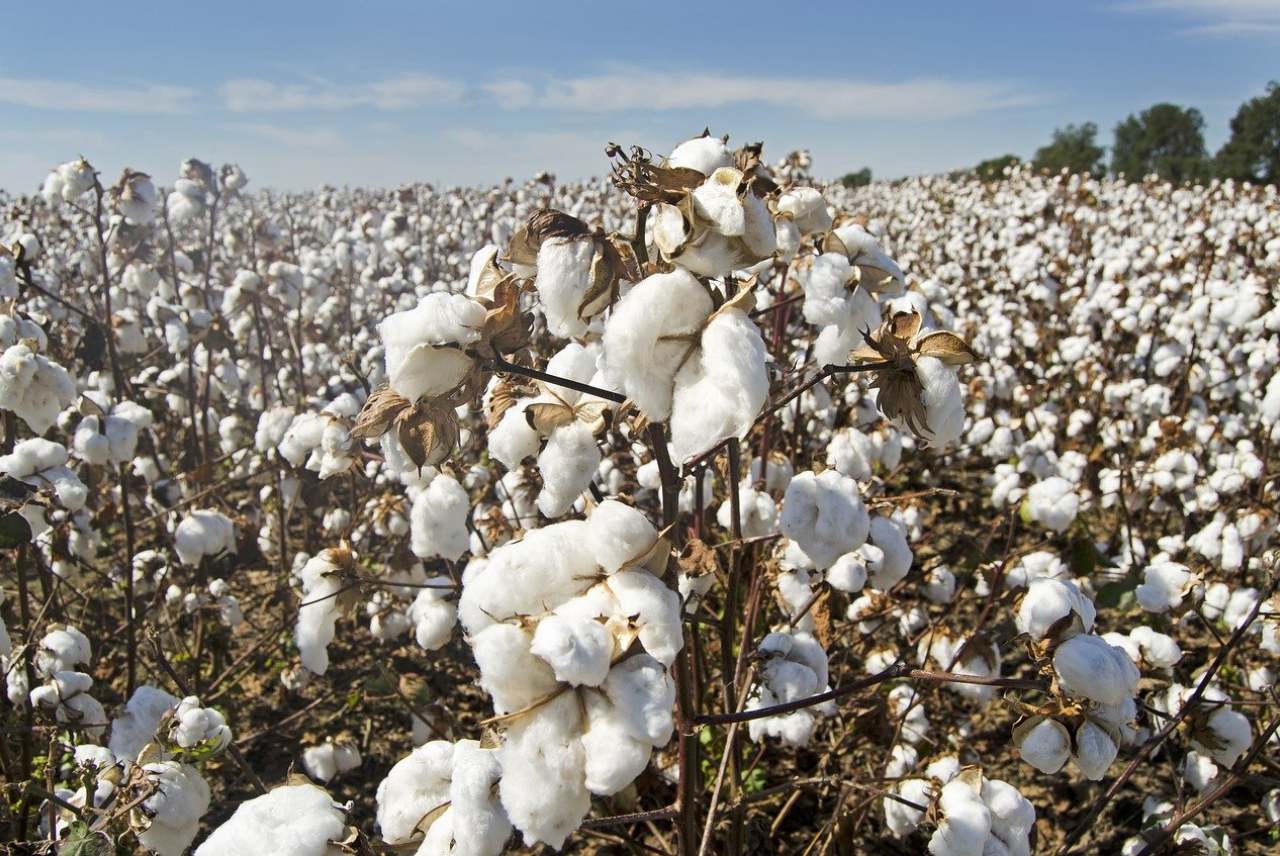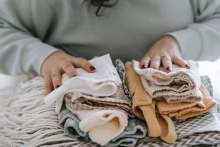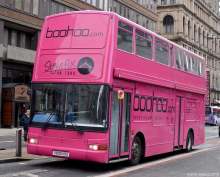The Chinese Youth League, a group affiliated with the ruling Chinese Communist Party, has prompted national boycotts of a number of Western clothing brands. The boycott call, which spread rapidly on social media in the country, has been endorsed by President Xi Jinping’s government.
The group initially targeted H&M over a statement the company made in 2020 distancing itself from the use of cotton from the Uyghur Region. Within days H&M saw its brand pulled from major Chinese online fashion stores, and lost endorsements from Chinese celebrities. Customers can no longer book a taxi to H&M stores on one of China’s biggest taxi apps, although its shops remain open.
Nike, Burberry, Adidas and Converse have likewise all been targeted. The Chinese government has also called for boycotts against any brands involved with the Better Cotton Initiative who pulled out of the Uyghur Region due to the difficulty of ensuring any cotton sourced from the region is free of forced labour.
Backwards steps
China’s actions appear to have prompted several brands to take significant backwards steps on the issue of Uyghur forced labour.
Campaign group End #ForcedLabourFashion Now says, “Inditex, the parent company of ZARA, has responded by removing its policy on forced labor from its own website. Inditex’s behavior emboldens the Chinese government in its crimes against humanity in the Uyghur Region.”
The campaign has also called out PVH (owners of Calvin Klein and Tommy Hilfiger), Muji, Hugo Boss, Fila, Asics and VF (owners of The North Face, Timberland and Vans) for either removing their forced labour or Uyghur statements or for promoting the use of cotton from the Uyghur Region.
Rising global tensions
The Chinese boycott call follows rising global tensions over the situation in the Uyghur Region.
In March, the governments of the European Union, UK, US and Canada imposed sanctions on Chinese officials over the major human rights abuses.
In retaliation, China imposed sanctions on nine UK citizens, including five MPs, for spreading what it claims is “lies and disinformation” about the country. Those sanctioned have been amongst the UK’s most vocal critics of the Chinese state.
In response, Foreign Secretary Dominic Raab called on the Chinese government to allow the UN access to the Uyghur Region if it wanted to “credibly rebut” the claims.
Since at least 2017, the Chinese state has persecuted Uyhur and other predominantly-Muslim ethnic minorities in the northwestern region. Between 1 and 1.8 million Uyghurs are believed to have been held in camps, in the largest internment of an ethnic and religious minority since the second world war. Thousands of others are being forced to work in the cotton industry in the Uyghur Region, or in manufacturing in other regions of China.
The End Uyghur Forced Labour Coalition says “almost every major apparel brand and retailer selling cotton products is potentially implicated.” Companies including Amazon, Apple, Adidas, Nike, H&M and Uniqlo have been directly linked to forced labour in their supply chains.
Global brands have been called on to sever ties with suppliers in the Uyghur Region or using Uyghur workers elsewhere. Companies including M&S and ASOS have already committed to taking action. The End Uyghur Forced Labour Coalition says that others must follow suit.






